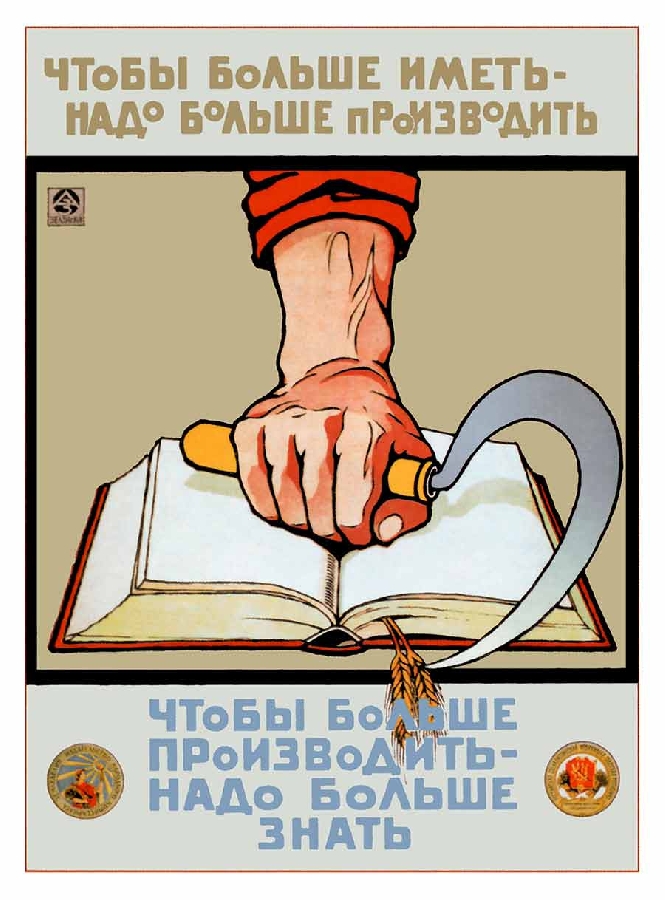Wage Labour and Capital #2
Hello everyone, welcome to Theory Thursday! This is a community led project, the point of these posts is to read about 30 minutes of theory every Thursday. Then we discuss with fellow comrades the contents of the reading. This week’s topic we are covering Karl Marx’s Wage Labour and Capital. Chapter 2, what are wages, through chapter 5, the nature and growth of capital.
Discussion #1: https://lemmygrad.ml/post/1134970
The Reading: https://www.marxists.org/archive/marx/works/1847/wage-labour/index.htm
The Study Guide: http://www.marxists.org/archive/marx/works/1847/wage-labour/guide.htm
Study Guide questions:
spoiler
What are wages?
- What is the difference between “Labour” and “Labour Power”?
- Describe some circumstances from your personal experiences where on the one hand, labour is purchased, and on the other labour-power is purchased. Can you find examples where in both cases the seller is a manual worker and the buyer is a capitalist?
By what is the price of a commodity determined?
- In what sense does Marx deny that prices are determined by the balance of supply and demand?
- What will cause a commodity in short supply to fall in price?
- What factors discussed in this chapter may cause wages to fall?
By what are wages determined?
- What additional factors discussed in this chapter do you see which will cause wages to be higher or lower for one or another trade or vary over the years?
- What do you think the effect of introducing free public education would have on wages?
- Discuss other factors: increased immigration, cheap public housing, introduction of new technology, anti-union laws, … (no simple answers!)
The nature and growth of capital
- What does Marx mean when he introduces this point about a (antiquated word for black person) being a slave? What is he saying about Capital?
- What does Marx mean by saying “Capital is a social relation”?
- In today’s capitalist society, in what circumstances are useful, valuable things not capital?
- In what sense do we see the dead dominating the living in capitalist society?
Feel free to discus below your thoughts or insight into this reading.
Next week we will finish the reading, from chapter 6 (relation of wage labor to capital) onward.
Check out the sidebar for additional resources, including comrade CriticalResist8’s ProleWiki study guide, also check out comrade GrainEater’s Matrix study group if you’d like to study additional theory. Have a good week comrades, until next time!
Study Guide Questions for next time:
spoiler
Relation of wage-labor to capital
- Can we think of even more factors governing the rise and fall of real wages?
- What does “standard of living” mean? Has it increased over the past 100 years in your country (or not)? Why?
- What is the effect on profits of a situation where people work long hours every day of the week (other things being equal)? And on the other hand, of people only having a few hours work a week?
The general law that determines the rise and fall of wages and profit
- Marx says that the gap between rich and poor was getting wider in his day. Is this true today? Has it always been true throughout the past hundred years in your country? And what about differences within the working class? Are these getting bigger or smaller?
- Where does profit come from? If commodities are paid for at their value, how can a buyer or seller consistently make a profit and get rich? – Does your answer cover how bankers, landlords, stock-brokers and so on get rich?
The interests of capital and wage-labor are diametrically opposed
- Discuss an example you know about of a new technique of production being introduced and the effects this had on prices, wages, etc.
- Discuss the contrast between “labour intensive” and “capital intensive” industries. What parts of the economy are becoming more capital intensive, and which are not?
Effect of capitalist competition on the capitalist, middle and working class
- Discuss the prospects for wages in your country at the moment and what tactics could be used to improve wages.
- What is your answer to someone who says that an increase in wages will only cause inflation or cause capital to be withdrawn from the country.
- Why is the fight for better wages anything to do with the fight for socialism? What would you say to someone who said that fighting for higher wages is just being greedy like the capitalists?
- Many workers are not paid wages, but work on contracts, or on piece-work. How does this effect what Marx has been saying about the value of Labour Power, and so on.?
FAQ
spoiler
Why are we only doing 30 minutes worth of reading?
- I’m a very busy person and don’t have time to do more
- This format is specifically designed for people with busy schedules to participate
- It is proven that the best way to digest information is a little bit at a time
Still not satisfied? I recommend starting your own study session, reading at your own pace, or joining an additional study group.
I’m open to constructive criticism, key word there being constructive. Just keep in mind I’m a flawed human being who’s volunteering my limited time and energy to do this.


My answers to the study guide: